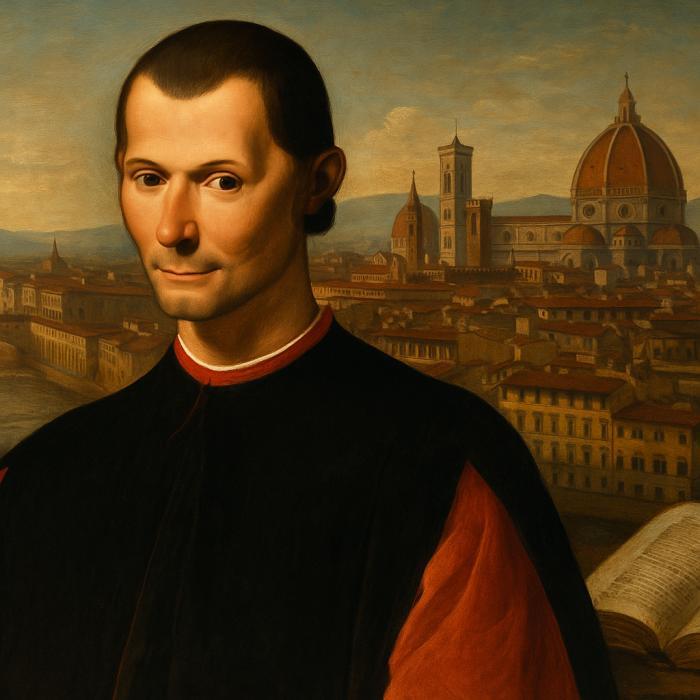1. The Birth of Realpolitik

The Prince shattered the traditional mold of leadership rooted in virtue and morality. Machiavelli boldly argued that rulers must focus on what works, not what ought to be. This unapologetic embrace of practical, sometimes ruthless, decision-making became the essence of realpolitik. Rather than aspiring to lofty ideals, leaders were urged to adapt, manipulate, and seize opportunities to maintain power. This pragmatic shift, as noted by History.com, marked a turning point in Western political thought—forever blurring the line between ethics and effective governance.























